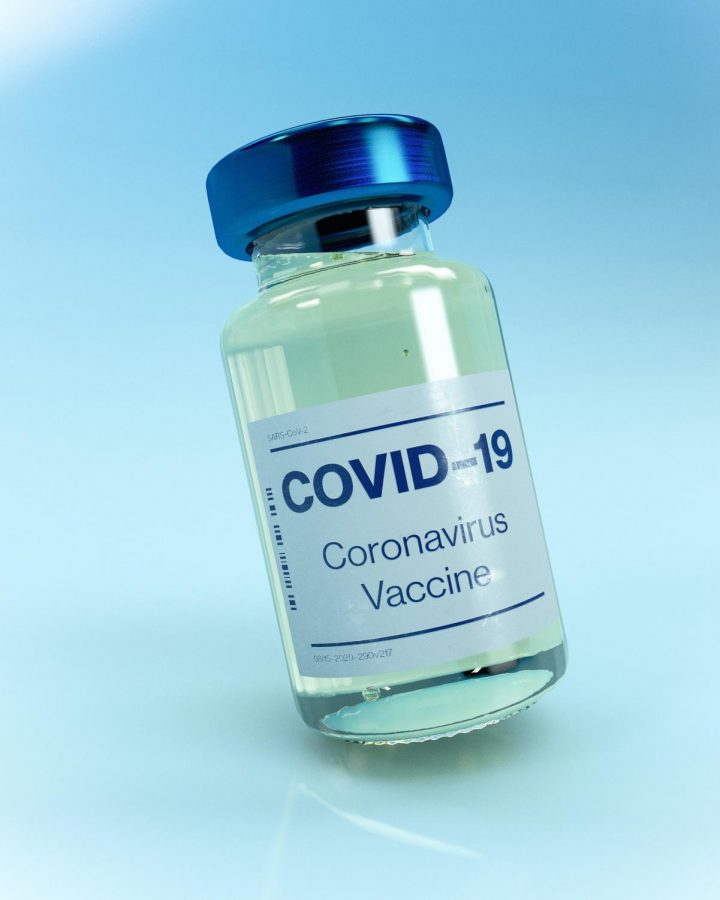United Kingdom Approves Pfizer and BioNTech’s COVID-19 Vaccine
December 21, 2020
On December 2nd, the United Kingdom approved Pfizer and BioNTech’s COVID-19 vaccine for emergency use, becoming the first nation to approve a COVID-19 vaccine based on data from a large-scale clinical trial. Immediately after approval, the UK received their first shipment of 800,000 doses of Pfizer and BioNTech’s COVID-19 vaccine, aiming to begin their mass COVID-19 vaccination program on December 8.
The vaccine is shown to be 95% effective with minor known side effects. Scientists are optimistic that the approval of a COVID-19 vaccine will curb the rising COVID-19 infection rates in the UK. “This is brilliant news,” said immunologist Dann Altmann of Imperial College London.
In addition to the clear benefit of reducing the incidence of COVID-19 cases, having a COVID-19 vaccine approved for use on the field can provide valuable information that cannot be easily obtained from a Phase III clinical trial. Although Phase III trials enroll tens of thousands of people, the data from the small number of people infected is insufficient to draw conclusions about the efficacy of a vaccine in vulnerable groups such as the elderly and young children.
However, with the UK’s mass vaccination program, enough data may become available to accurately describe differences in vaccine efficacy across demographic groups.
Scientists are concerned that while the Pfizer vaccine prevents symptoms of COVID-19, there is not enough evidence to show that it prevents infection from COVID-19. If this were the case, people vaccinated with the Pfizer vaccine could be infected with the virus and show no symptoms. This means that they would still be capable of transmitting the virus to others, leaving infection rates largely unchanged or even heightened due to a false sense of security.
“In the worst case scenario, you have people walking around feeling fine, but shedding virus everywhere,” says virologist Stephen Griffin of the University of Leeds, UK. In a few months, data on the UK’s infection rates during their mass vaccination program could provide useful insights into the nature of Pfizer and BioNTech’s vaccine.
The time it took for the UK to approve the COVID-19 vaccine—less than a year from initiation to approval—is historic for its speed. According to Dr. Richard Hatchett, the CEO of the Coalition for Epidemic Preparedness Innovations, the previous record time for the approval of a vaccine was four years.
To be approved, a vaccine must go through the UK government and the Medicines and Healthcare Products Regulatory Agency (MHRA), which conducts an often lengthy review of all the trial data to check its efficacy and safety levels before it is approved for emergency use.
Although numerous leading UK scientists assured the public that the COVID-19 vaccine had been properly tested and was safe for use, there was considerable disagreement among members of the broader scientific community. National Institute of Allergy and Infectious Diseases director Dr. Anthony Fauci initially raised concerns about the validity of the UK’s rapid approval process.
“If you go quickly and you do it superficially, people are not going to want to get vaccinated,” he said in an interview with Fox News. He later withdrew this statement, stating that he had “great faith” in UK regulators, but his initial skepticism reflected a concern among public health officials regarding the safety of a streamlined approval process.
Pfizer & BioNTech and Moderna submitted their vaccines for emergency use approval in the USA to the FDA on November 20 but have yet to be approved, drawing criticism from the public and the White House officials. However, this delay is likely due to rigorous testing and review of data.
In an interview with Axios, an FDA spokesperson said, “We want to move quickly because this is a national emergency, but we will make sure that our scientists take the time they need to make an appropriate decision.”
Pfizer and BioNTech will meet with the FDA for a public advisory hearing committee on December 10, and their vaccine could be approved by December 11, marking the beginning of the US’s plan to vaccinate 20 million people by December.



